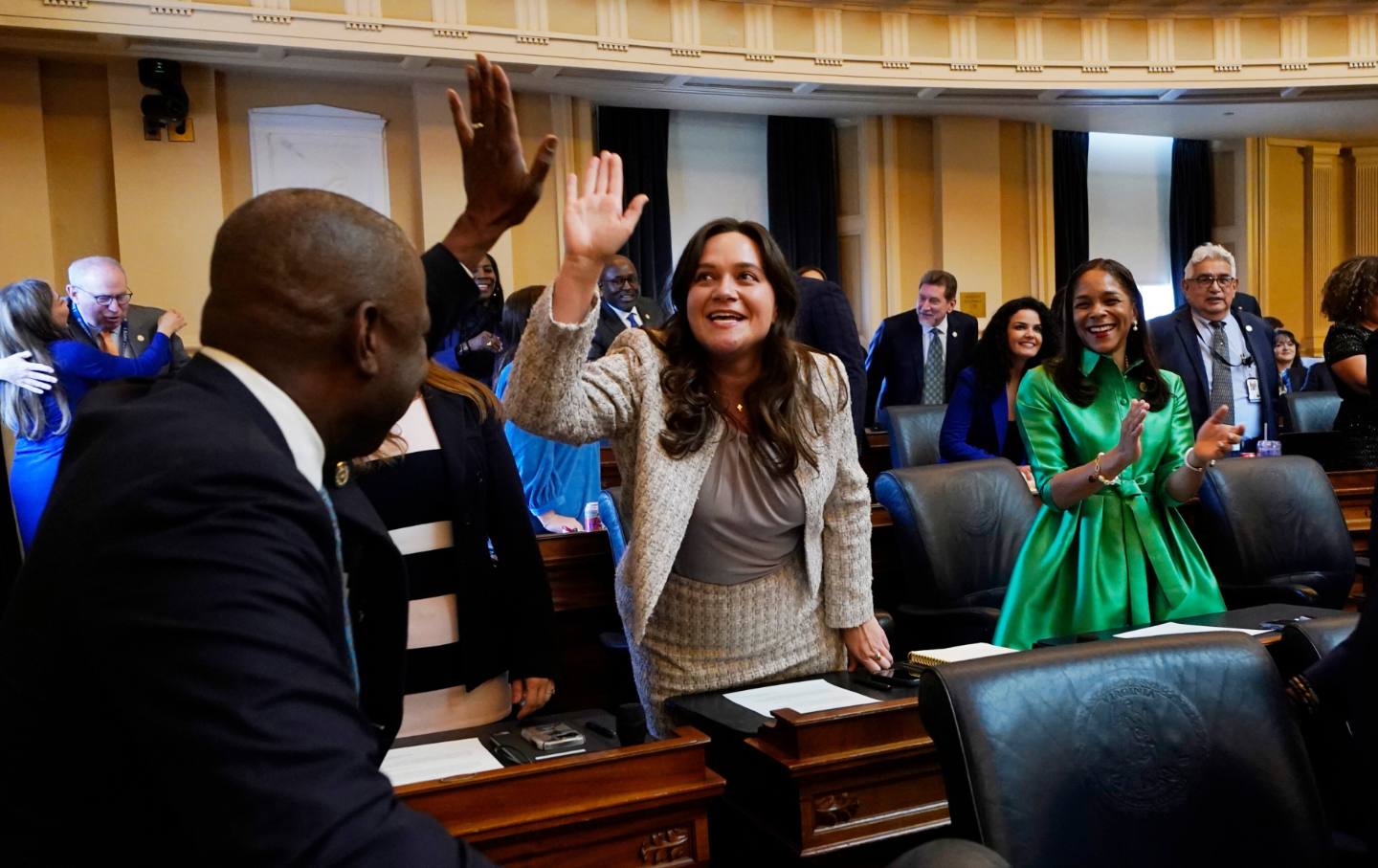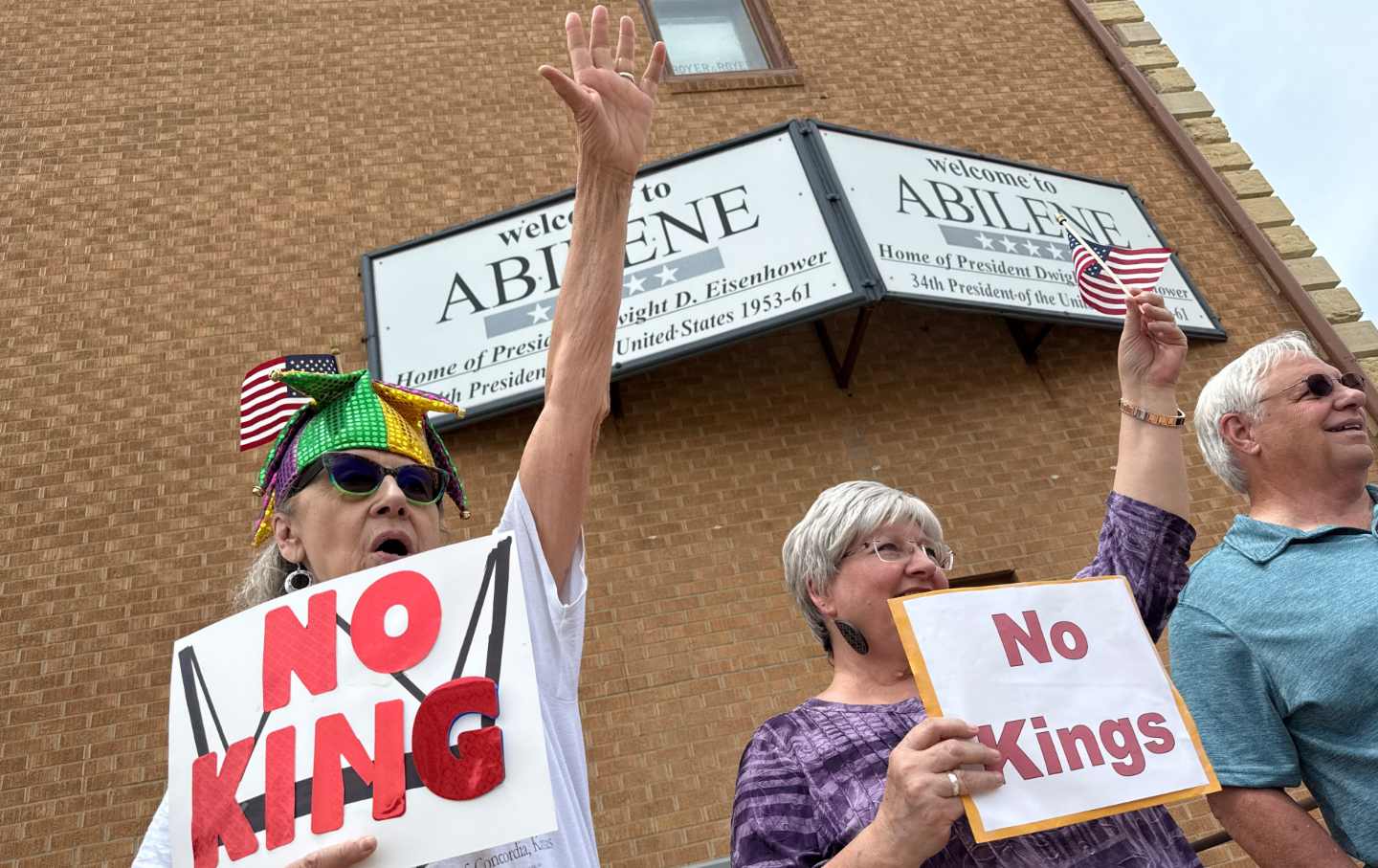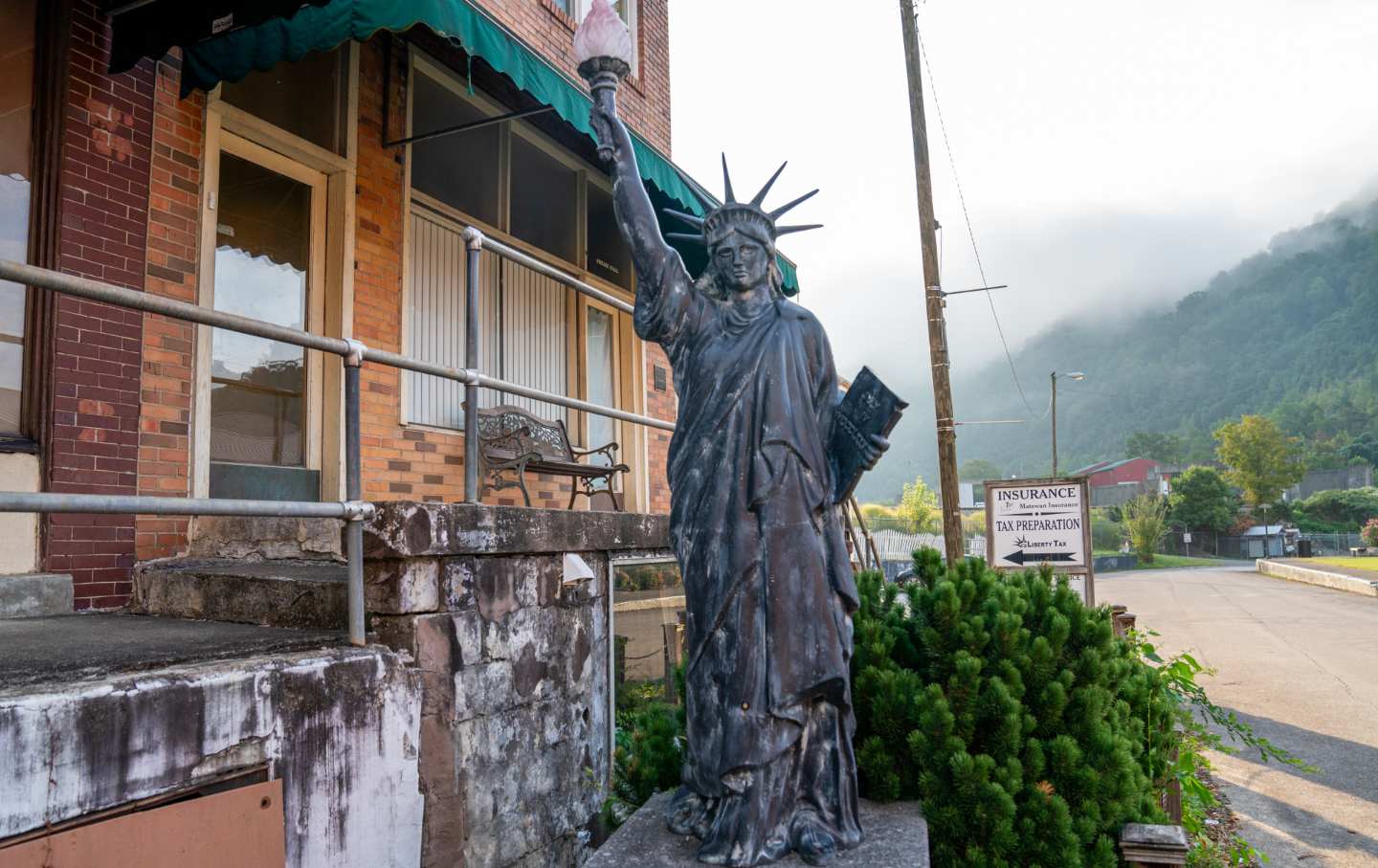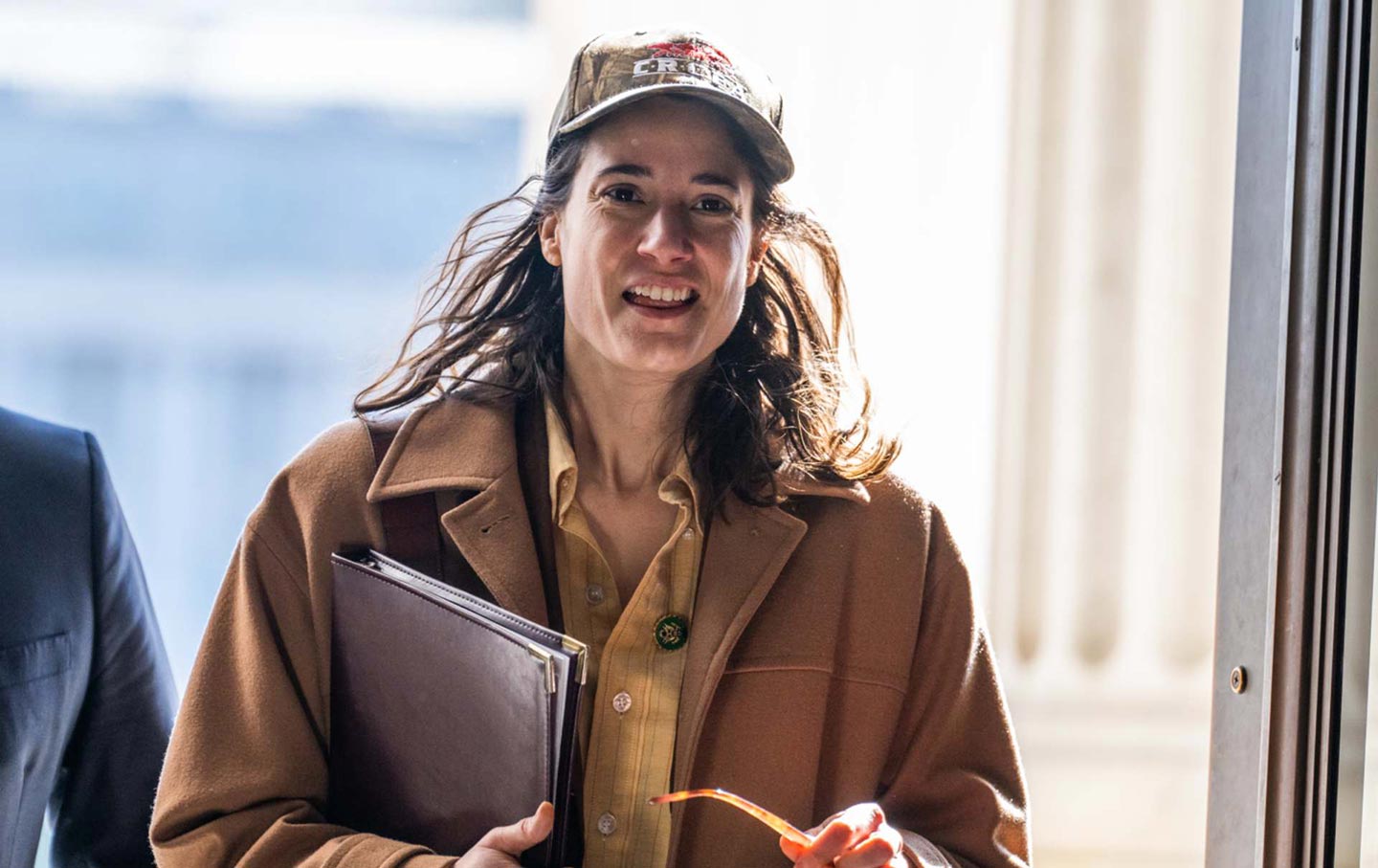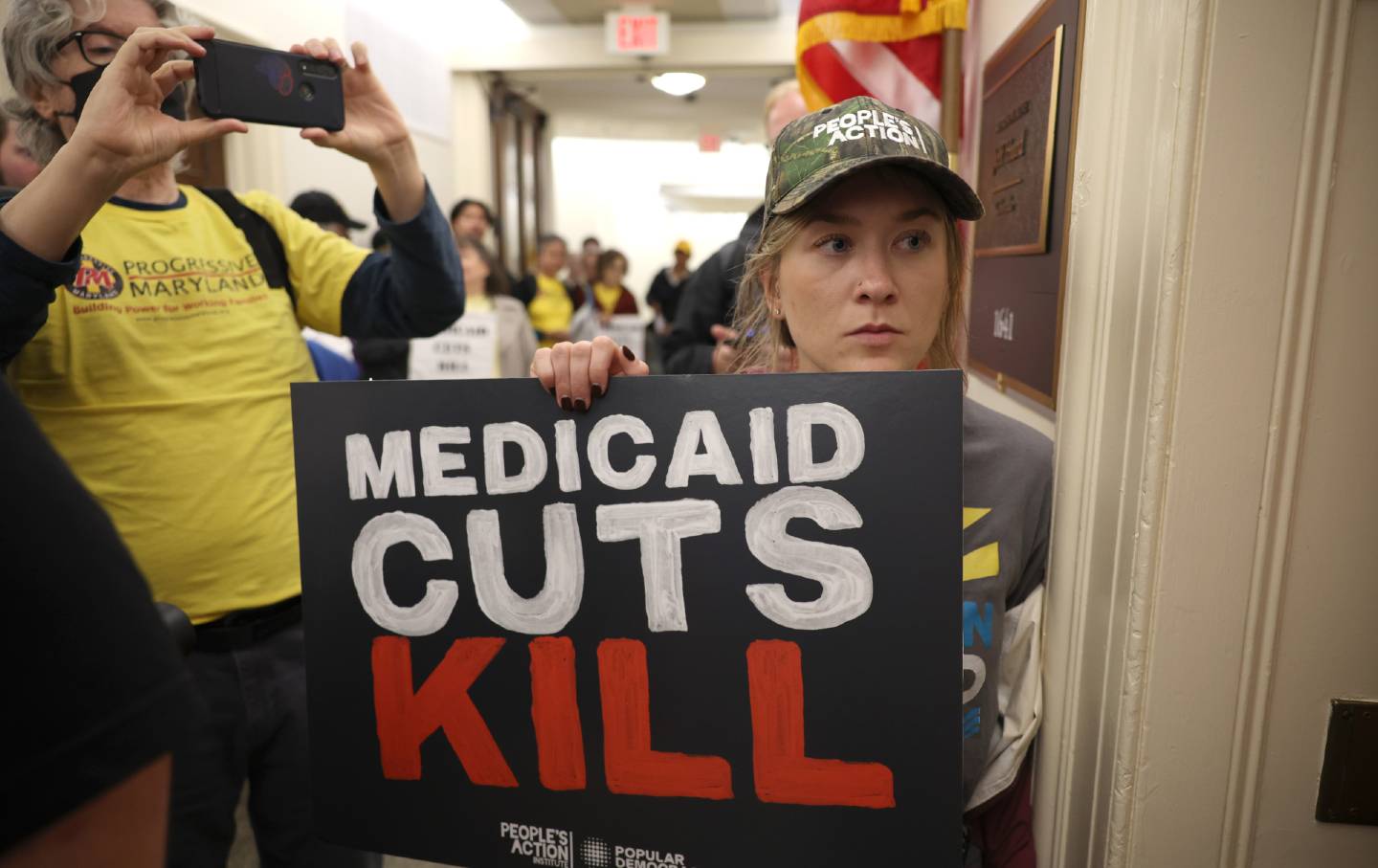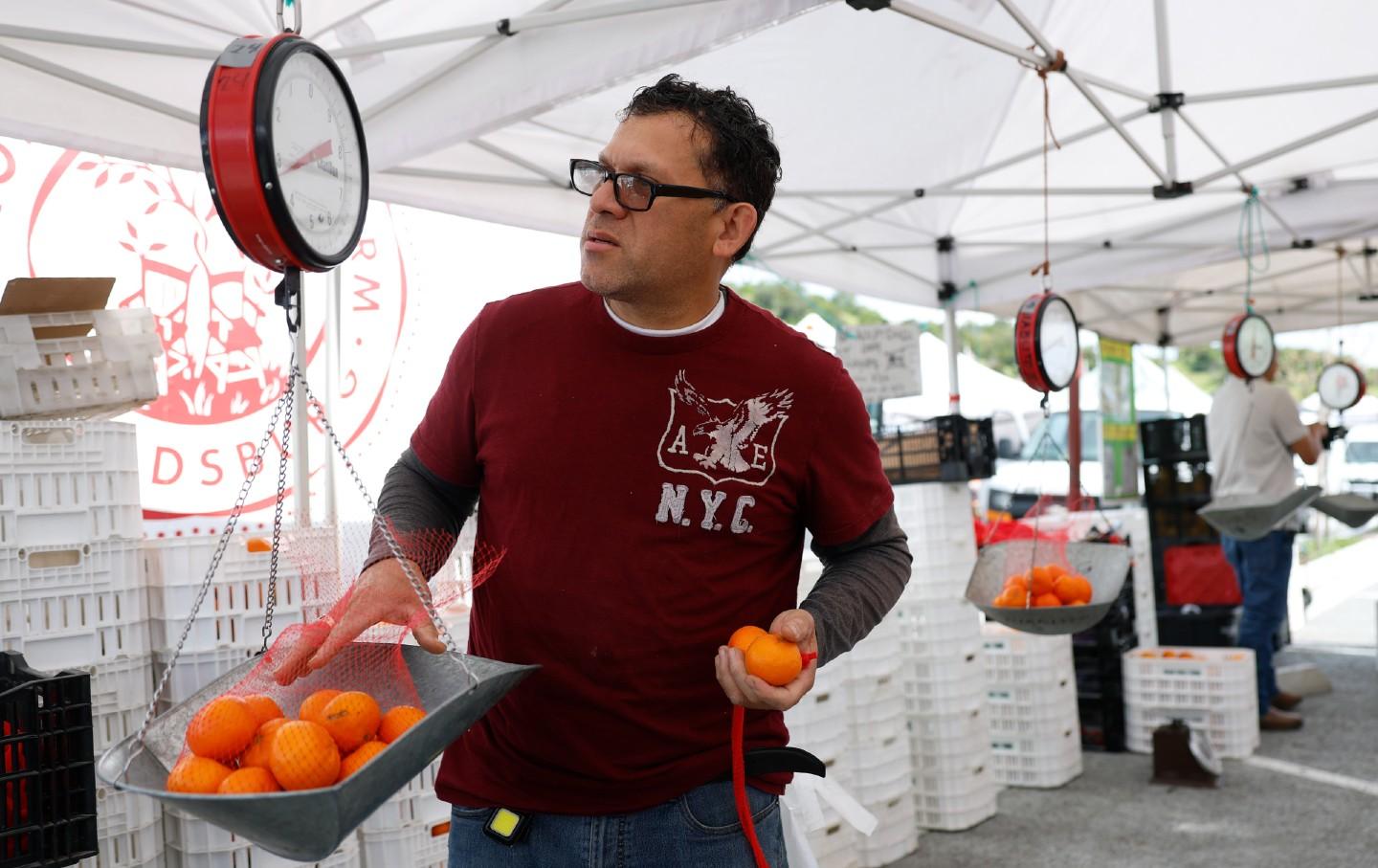Paul Krugman May Not Know How to Reverse the Decline of Rural America. But We Do.
The countryside has been neglected for decades. A Rural New Deal would reverse that with capital and creative solutions writen by and for rural Americans.
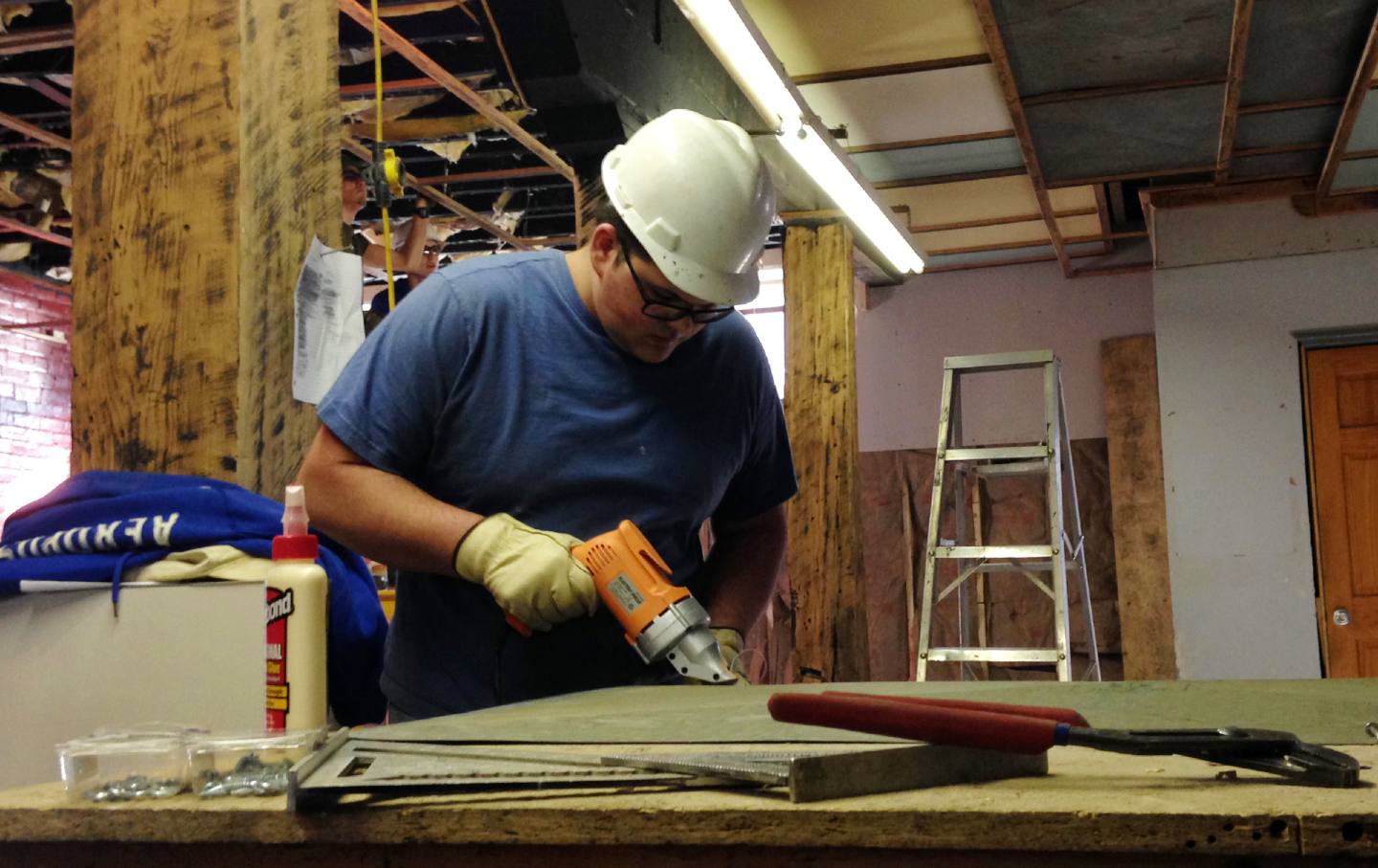

In December 2021, Bette Midler’s anger toward Senator Joe Manchin of West Virginia prompted the singer to tweet that his state was “poor, illiterate and strung out.” Though Midler later apologized, she was only saying out loud what far too many people on the left already believe. Dismal views of rural America—as places of inexorable decline, few job opportunities, and rampant drug abuse—are commonplace among liberal pundits. Some, such as Paul Krugman, express sympathy for the plight of rural communities but contend that “nobody knows how to reverse” their downward trajectory.
Brandon Dennison knows how. He came back home to West Virginia after finishing college, determined to help spark an economic transition in the southern part of a state long dependent on the coal industry.
Founded in 2010, his Coalfield Development now leads the way on economic renewal in a 21-county area. Dennison understood that even though some of these counties had poverty rates nearly double the state’s average, they also contained untapped assets that could provide the foundation for a more diverse and locally rooted economy: strip-mine-damaged land that is still potentially productive, plenty of sun and space for solar installations, empty commercial buildings in need of repair, and laid-off coal miners and others with a wide range of skills but few options to upgrade and apply them. By combining an intense, six-month-long, on-the-job training program with a “social enterprise” business strategy, Coalfield has parlayed these assets into more than 1,000 local jobs; $600 million of investment; 70 new businesses in solar installation, recycling and reuse, construction and renovation, light manufacturing, and mountain top farming; and more than 300,000 square feet of formerly dilapidated property, now helping to generate and incubate additional businesses and jobs.
Coalfield Development is just one of the scores of enterprising groups in rural America that are spurring locally led economic and community renewal. Contrary to Krugman’s assertion, Dennison and his peers around the country know exactly how to reverse economic and social decline. What they lack is not experience and know-how, but sustained investment and public policies that help rather than hinder rural revitalization.
That’s where the Rural New Deal comes in. A joint effort of the Rural Urban Bridge Initiative and Progressive Democrats of America, the RND provides a federal policy road map for rural and small-town revitalization. Though national in scope, the Rural New Deal avoids cookie-cutter, top-down prescriptions in favor of a bottom-up approach that puts rural innovators and entrepreneurs like Dennison in the driver’s seat. The RND was written not just for rural America but by us as well, with detailed input from rural development practitioners from Appalachia to Arizona.
Built on transformative yet practical recommendations that have been tested, refined, and in many cases brought to a significant scale of impact, the RND is distinguished by the breadth of on-the-ground experience that shaped it. And while parts of it are specifically rural, the RND’s other policy recommendations will be equally valuable in rebuilding working-class jobs and opportunities, regardless of geography.
The Rural New Deal is built on 10 pillars, each of which corresponds to a major challenge—and set of opportunities—for rural communities. Examples include “Rebuild farm, forest and food economies,” “Invest in rural health care,” “Rebuild small-town centers,” and “Make rural and small-town housing affordable.” Each pillar is fleshed out in detail, with specific recommendations that include both national and more local or regionally focused strategies. For instance, pillar two—“Reward work and ensure livable wages”—calls for a federal jobs guarantee with livable wages and essential benefits, as well as adequate public investment to make childcare affordable and available to workers. But it also recommends public support for family farms and small businesses, along with flexibility toward smaller and newer businesses that make it possible for them to meet livable-wage standards.
Similarly, pillar three—“Dismantle monopolies, empower and support local businesses”—includes critical national policies such as restoring antitrust regulations to their original intent of constraining the economic and political power of big business; reining in private equity by eliminating the carried interest loophole and requiring private equity firms to have shared liability in the companies they purchase; and reducing or eliminating corporate subsidies that give big-box chains and other large corporations unfair advantages over small and midsize businesses. This pillar also includes implementable, locally focused recommendations like the kind of effective workforce training that Coalfield Development has used to put so many people in good local jobs, including mentorship and apprenticeship programs tied to local businesses. It recommends making grants and loans more affordable and less cumbersome to better serve family farms and small enterprises, and enabling community-centered social enterprises as well as worker-owned cooperatives to thrive through more tailored technical assistance, capital access, and procurement policies that incentivize purchasing from local businesses.
The Rural New Deal is a nonpartisan platform, with many elements conservatives should support, as Cardinal News founding editor Dwayne Yancey has pointed out. But given the Republican Party’s electoral dominance in so much of rural America, it has little incentive to enact policies that would actually reverse economic and social decline. Democrats and progressives, on the other hand, have both the moral obligation to help rural communities rebuild and an extraordinary political opportunity to demonstrate our commitment to giving both rural and working-class people a fair shake. By prioritizing the Rural New Deal’s “bold solutions,” wrote The Nation’s Katrina vanden Heuvel, “Democrats could inaugurate a progressive renaissance in places that have been misconstrued as irretrievably lost—and bolster enthusiasm among core voters.” People like Brandon Dennison, whether in rural regions, small towns, or big cities, are already leading this renaissance. They just need the investment they deserve—and the level playing field that the Rural New Deal would deliver.

